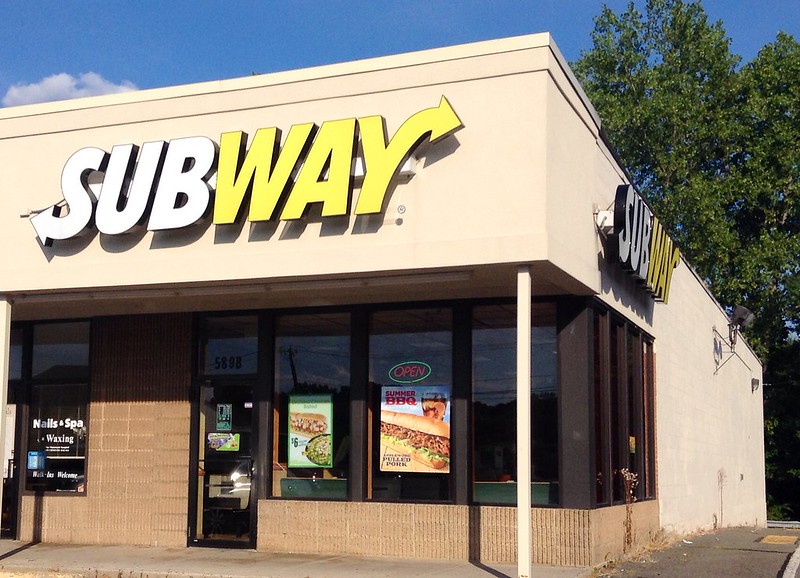“Subway’s advertisements for the Product are unfair and financially damaging to consumers as they are receiving a product that is materially lower in value than what is being represented,” the lawsuit alleges. “Subway actions are especially concerning now that inflation, food, and meat prices are very high and many consumers, especially lower income consumers, are struggling financially.”
Subway is yet again facing a lawsuit accusing the company of engaging in “unfair and deceptive trade practices” by selling sandwiches that contain much less meat than shown in standard advertisements.
According to ABC News, the proposed class action was filed earlier this week in U.S. District Court for the Eastern District of New York. Attorneys for the lead plaintiff, Anna Tollison, say that Subway used “photographs in its advertisements that make it appear that the Steak & Cheese sandwich contains at least 200% more meat than the actual sandwiches that customers receive.”
“Subway’s advertisements for the Product are unfair and financially damaging to consumers as they are receiving a product that is materially lower in value than what is being represented,” the lawsuit alleges. “Subway actions are especially concerning now that inflation, food, and meat prices are very high and many consumers, especially lower income consumers, are struggling financially.”
The complaint also suggests that Subway’s purportedly misleading marketing materials have induced consumers to “come to, or order from, Subway restaurants and make purchases that they would not have otherwise made.”

Tollison, for instance, says that she visited a Subway outlet in Jamaica in Queens. She placed her order for a steak-and-cheese sandwich using a mobile app, paying a menu price of $6.99 plus additional tax.
“After she picked up and began eating her sandwich, [Tollison] realized that there was barely any steak in the sandwich and that the photographs that she relied on were grossly misleading,” the lawsuit alleges.
ABC News notes that, in 2021, Subway faced a similar lawsuit in Ireland.
In that case, Irish consumers accused the company of selling bread that had such high concentrations of sugar that it could not, under local law, be considered “bread.” Instead, the lawsuit said, Subway’s “bread” would be better described as a “confectionary or fancy baked good.”
Ireland’s Supreme Court later ruled against Subway, finding that—for tax purposes—its bread did not meet the island country’s definition of “bread.”
“Subway’s bread is, of course, bread,” Subway told ABC News at the time. “We have been baking fresh bread in our stores for more than three decades and our guests return each day for sandwiches made on bread that smells as good as it tastes.”
Before that, a California resident’s claim that Subway’s tuna sandwiches contained few traces of actual tuna garnered national headlines. A federal judge dismissed that complaint last year after the plaintiff failed to provide compelling evidence.
Sources
Subway bread is not bread, Irish court rules
Subway ‘falsely advertises’ amount of meat in sandwiches, US lawsuit claims
Subway sandwich ads are “grossly misleading,” lawsuit claims
Subway sandwiches are short on meat, lawsuit claims
Subway sued for allegedly shorting customers on meat, ‘false and misleading advertisements’


Join the conversation!